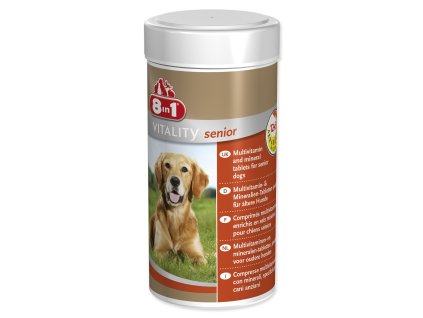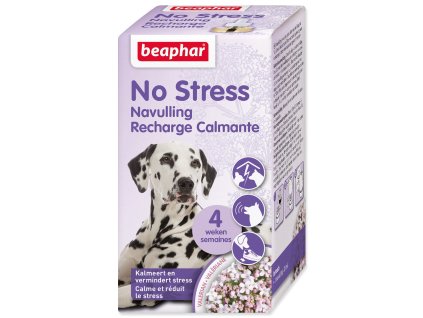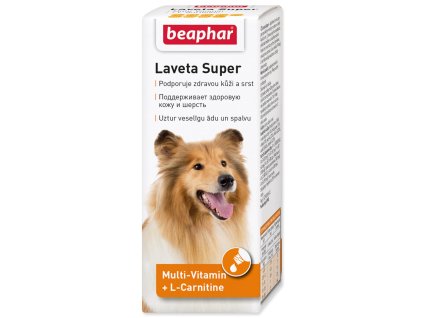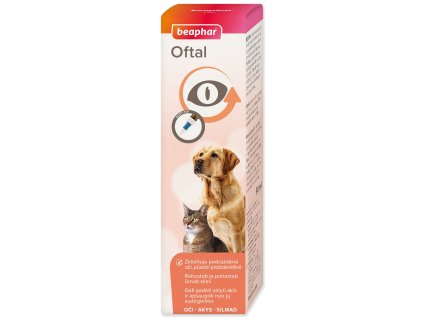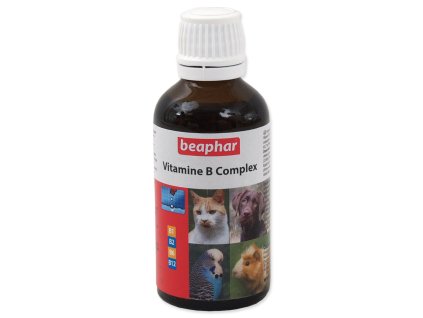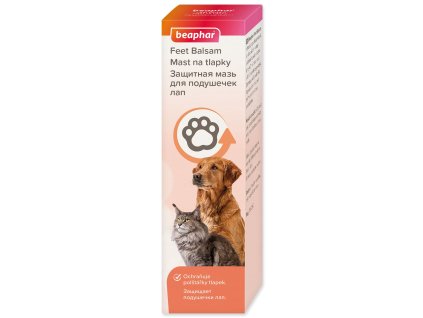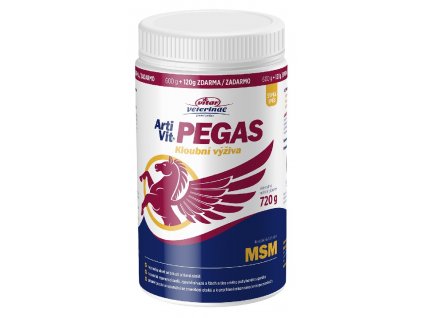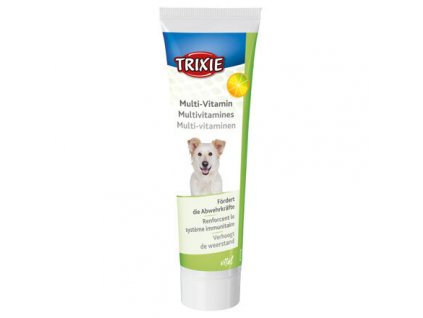Health for dogs
Vitamins and supplements can play an important role in your dog's health and well-being. However, it is always essential to consult a veterinarian before giving your dog any vitamins or supplements to determine whether they are truly necessary and appropriate for your specific pet.
Product sorting
List of products
Here are some vitamins and supplements that can contribute to your dog's health:
-
Vitamin supplements: In some cases, vitamin supplements may be needed, especially if the dog is on a specific diet or has any health problems. These are usually B vitamins, vitamin C, D or E.
-
Omega-3 acid: Omega-3 fatty acids are beneficial for a dog's coat, skin and joints. They can be found in fish oil or dietary supplements.
-
Glucosamine and chondroitin: These substances are associated with supporting healthy joints and cartilage. They are often recommended for older dogs or dogs prone to joint problems.
-
Probiotics and prebiotics: Help maintain a healthy balance of gut flora and may support digestion.
-
Antioxidants: Antioxidants such as vitamin E and C can help protect cells from free radical damage.
-
Herbal supplements: Certain herbs such as echinacea or turmeric may have positive effects on the immune system or inflammation.
-
Fatty acids: Can support healthy skin and coat and may also have anti-inflammatory effects.
-
Multivitamins and minerals: Dietary supplements that contain a wide range of vitamins and minerals can help ensure that your dog is getting all the nutrients they need.
-
Lecithin: Supports liver health and brain function.
-
Calm and relaxation supplements: Some supplements contain herbs that can help calm the nervous system and reduce anxiety in your dog.
Remember that every dog is unique, and what may be right for one dog may not be right for another. It is important to consult your veterinarian for recommendations and proper dosage. Supplements should not replace a balanced diet and a healthy lifestyle.







